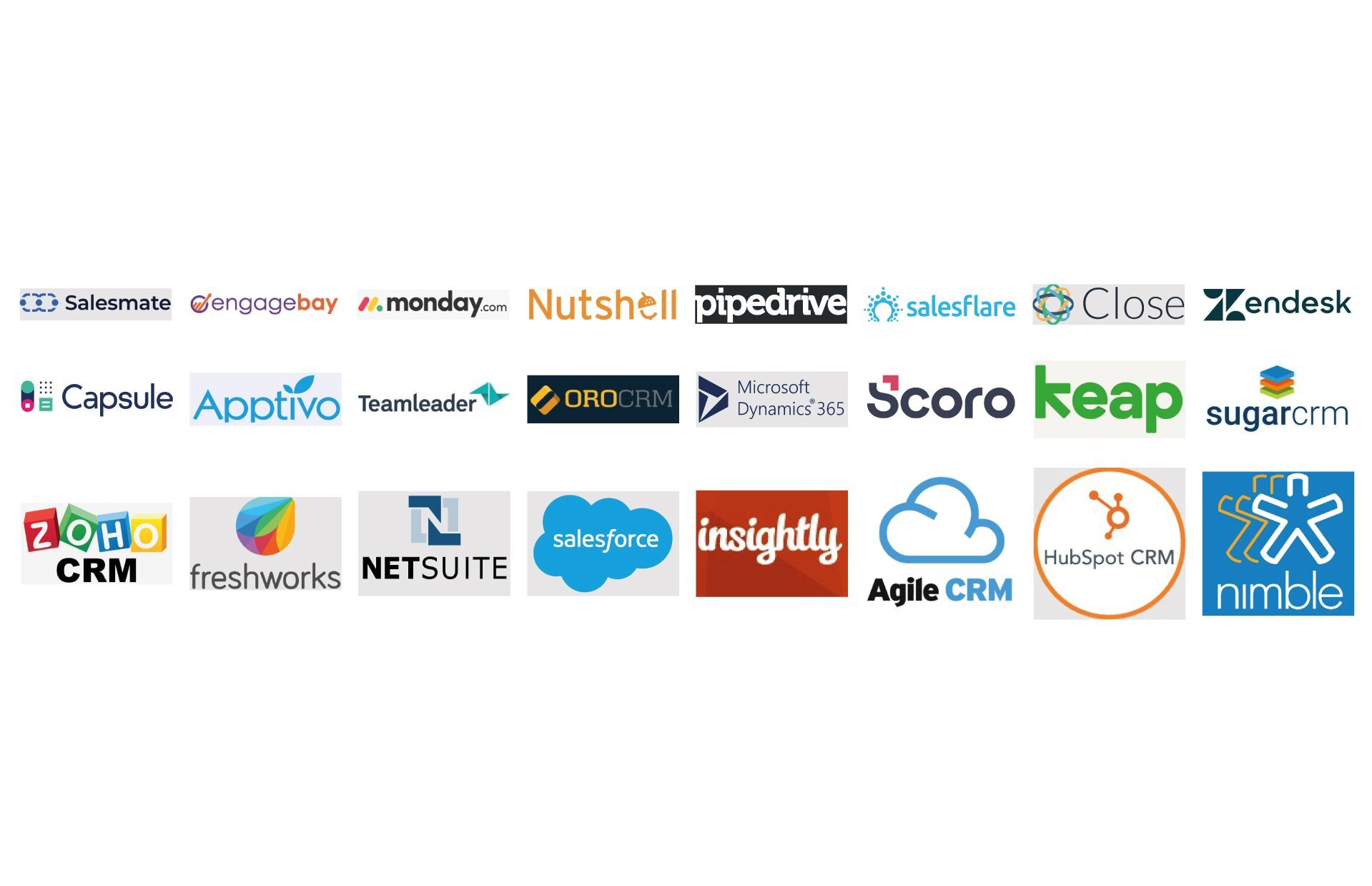In 2022, e-commerce will be more customer-centric than ever. As a result, companies are finding new ways to adapt to increasing demands. Customer Relationship Management (CRM) software has emerged as a solution for improving customer experience, sales conversion, and marketing strategies. Currently, among companies with a payroll of more than 10 employees, 91% uses CRM in some form, and the numbers will undoubtedly increase. However, all companies that decide to use CRM software are faced with the same question: buy or build a CRM?
Unfortunately, the answer to whether you should buy or build a CRM is not so simple. Both sides of the divide have compelling supporting arguments and flaws. In general, custom or local CRM saves costs in the long run. On the other hand, building a CRM is so capital intensive that most small to medium sized businesses cannot afford the initial cost. In addition, because SaaS CRM vendors often charge per user, subscription costs add up for large companies. So, does the decision to buy or build a CRM depend on cost and company size? No, because more intricate details go beyond that limited scope.
Therefore, a critical analysis of determinants must be made to make the best choice for your business. To help you decide whether to buy or build a CRM, here are 5 critical factors to consider:
SPECIFIC PURPOSE(S) FOR THE CRM
Conducting a needs assessment and defining use cases should precede deliberations about the need to buy or build a CRM. The obvious appeal of a custom system is that it meets your business requirements. However, there are so many CRM software on the market that customization of features shouldn't necessarily be an issue. Conduct thorough research on available suppliers. Get reviews from companies using SaaS CRM with use cases similar to yours. In particular, ask about the degree of customization flexibility their suppliers offer. You may find one worth buying. However, if available systems can't easily meet your needs for a CRM, go ahead and build one.
INSTALLATION AND INFRASTRUCTURE
Whether you decide to buy or build a CRM, there is a need for staff to help set it up. However, the requirements are much more important when building the software. While buying CRM may only require hiring training personnel to train your employees, building a CRM requires more hands. A complete development team will consist of front-end and back-end developers, UI/UX designers, Quality Assurance Engineers, etc. In addition, infrastructure such as servers must be installed before an On-Premise CRM can be built. This is in contrast to cloud-based CRM that SaaS providers offer. Are the total costs of personnel and infrastructure within your budget? Make a decision based on your answer.
TIME FOR IMPLEMENTATION
Building a custom CRM can take anywhere from 4-6 months to be ready for deployment. Therefore, you should consider strategies to deal with the waiting time without incurring losses. On the other hand, the implementation time after buying a CRM is about a month. Therefore, the urgency of your need for the software may influence the decision to buy or build a CRM.
LONG-TERM MAINTENANCE AND UPDATES
Building a custom CRM also puts the maintenance burden on the owners. This means that dedicated IT staff must be available at all times, which can be quite a task. The advantage, however, is that your company is responsible for updates and can determine the downtime required for upgrades. In contrast, purchasing a CRM leaves you at the mercy of the SaaS provider. Updates may mean adding more modules that are not relevant to your usage scenarios. Admittedly, unexpected downtime and outages of SaaS providers are rare. But when they happen, you have no control over them because maintenance is your job.
NUMBER AND COMPLEXITY OF INTEGRATION
Integrations with tools such as third-party websites and services are important to the functionality of your CRM. Therefore, this is important to consider before buying or building a CRM. Both off-the-shelf and custom CRM can be difficult to integrate, but in the end it's easier with the custom systems. This is thanks to the control that building a CRM gives your business. However, integrations are still very possible even if you buy or rent a CRM. It just takes more effort and extra costs.
In short, a lot of brainstorming needs to be done before buying or building a CRM. Nevertheless, the above parameters should guide you to the right option. take Contact Contact us if you need more information and expert advice on anything related to CRM.











